It seems that all the beautiful words, golden words and jade ideas in this world have been used by marketers. Real estate launches "winged" advertisements. Such as: "A place to go, a place to return to", "Live well, live quality", "A place full of happiness", "A place full of amenities", "Living in class, living the essence", "Diamond apartment, living a prosperous life", "A place to live to make money, a lifetime of happiness", "Live in harmony with nature", "Live to make money, invest to make money"...
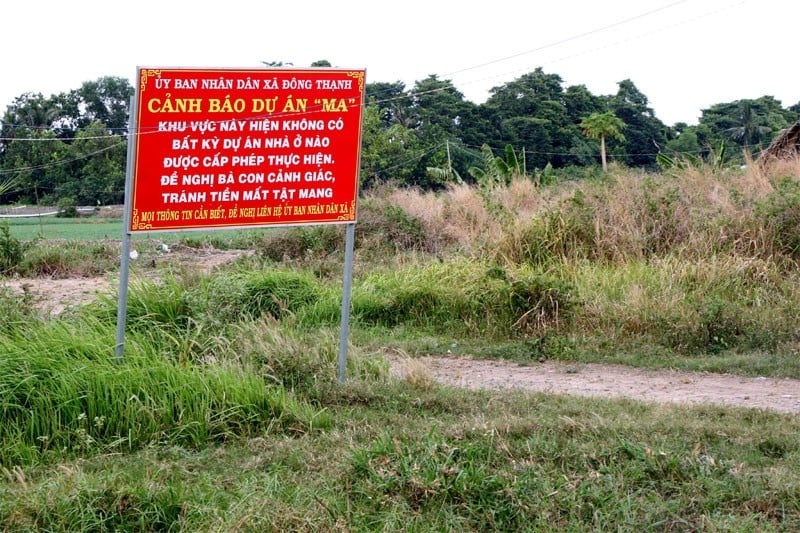
Even many real estate projects in suburban districts that were previously dozens of kilometers away from the center of Hanoi still launched attractive slogans such as: "European lifestyle in the heart of Hanoi ", "Living prosperously in the heart of the city", "A magnificent Paris in the heart of Hanoi "... Not to mention many recent commercial housing construction projects have also been given very catchy "labels" such as: Elite subdivision, luxury villas, luxury apartments,...
Recently, the National Competition Commission (Ministry of Industry and Trade) advised consumers to be extremely alert to the "matrix" of unhealthy advertising about real estate projects. Notably, many advertisements for luxury apartments, townhouses, and villas contain false information, exaggerated amenities, and unrealistic profit commitments, causing people to fall into the "trap" of expectations. In fact, many people have lost hundreds of millions of dong in deposits because they believed in "pie in the sky" advertising, but when they hold the contract or receive the product, it is not the same as the perspective image, brochure (advertising leaflet) or initial introduction video.
It is true that “If it is good, it is really good/ It sounds bitter and painful to swallow”. From the current chaotic, chaotic, and arbitrary reality of real estate project advertising activities, experts warn that this is a type of marketing that is quick to make money, “hanging a sheep’s head but selling dog meat”, showing signs of deceiving customers, so it is necessary to severely punish. From a social perspective, this type of advertising appeals to the psychology of stimulating consumerism and hedonism of a group of people with money to speculate in real estate to make profits and get rich illegitimately.
More worryingly, while hundreds of thousands of civil servants, public employees, workers, and laborers in big cities still have great difficulty renting or buying social housing to settle down, many real estate projects in big cities (Hanoi, Da Nang, Ho Chi Minh City...) have been invested from tens to hundreds of millions of USD with many rows of majestic and grand villas, but for decades, they have remained deserted, gradually covered with weeds and deserted, so they are called "ghost towns" and "ghost villas".
Investing in the luxury real estate segment with supply exceeding demand not only causes serious waste of land and resources but also creates social injustice, causing "some people to have more than they can eat, others to have nothing". Because most of the "ghost urban areas" and "ghost villas" are projects built mainly for business purposes, for the upper class, not for use; while the majority of working people with real housing needs cannot access them because they do not have the money to rent or buy apartments and villas that cost up to millions of USD.
The painful transformations of the real estate market in general, and of the chaotic marketing and advertising of real estate projects in particular, have been warned by state management agencies because of the potential risks that are not small for the country's socio-economic development and public security policies. Having found its symptoms, the disease and its consequences, the current issue is to really take drastic action to prevent and effectively handle this situation.
Source: https://baolangson.vn/nhin-thang-noi-that-bat-nhao-nhu-quang-cao-bat-dong-san-5054830.html


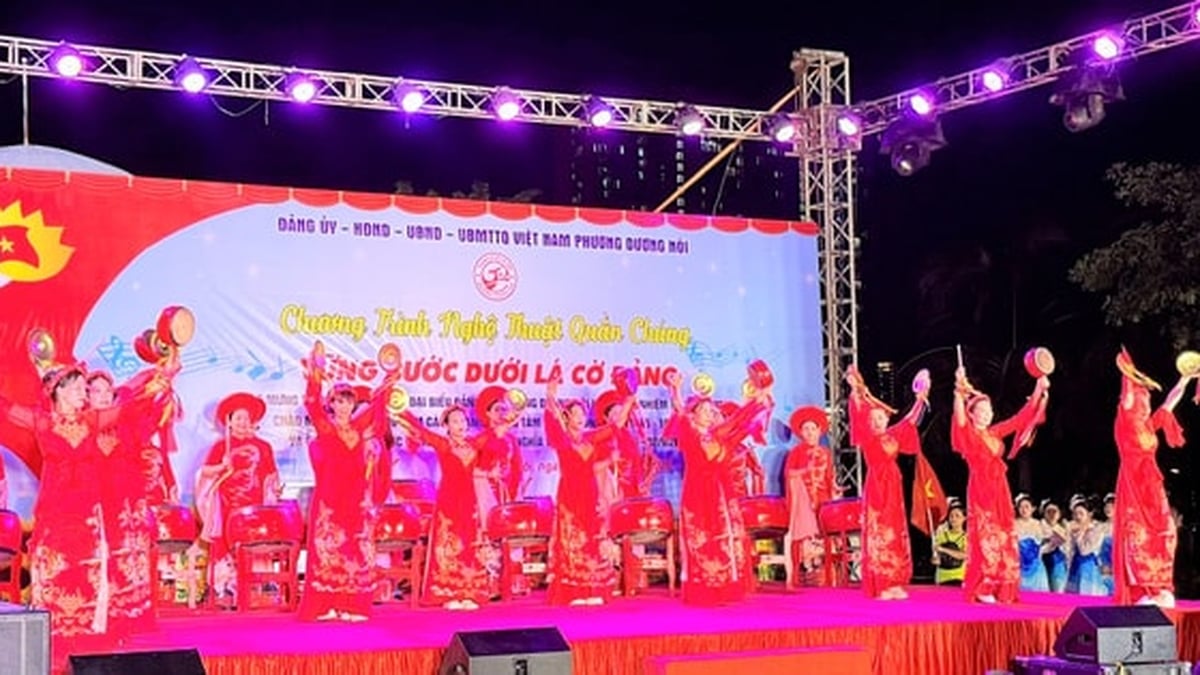



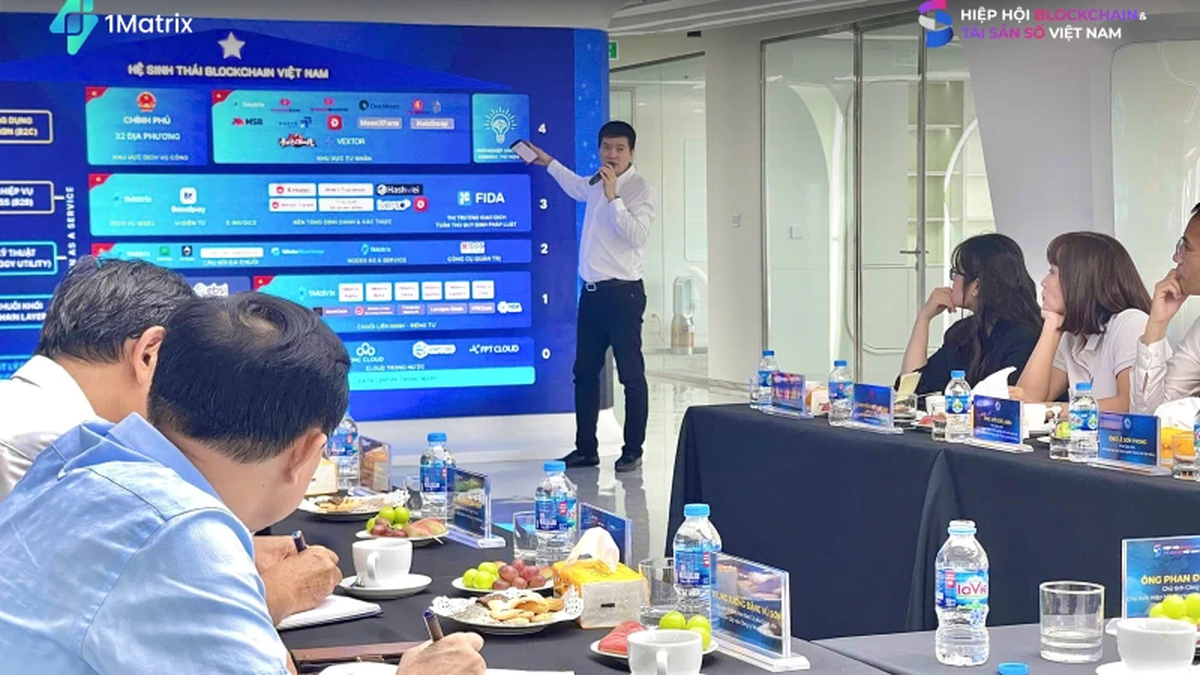

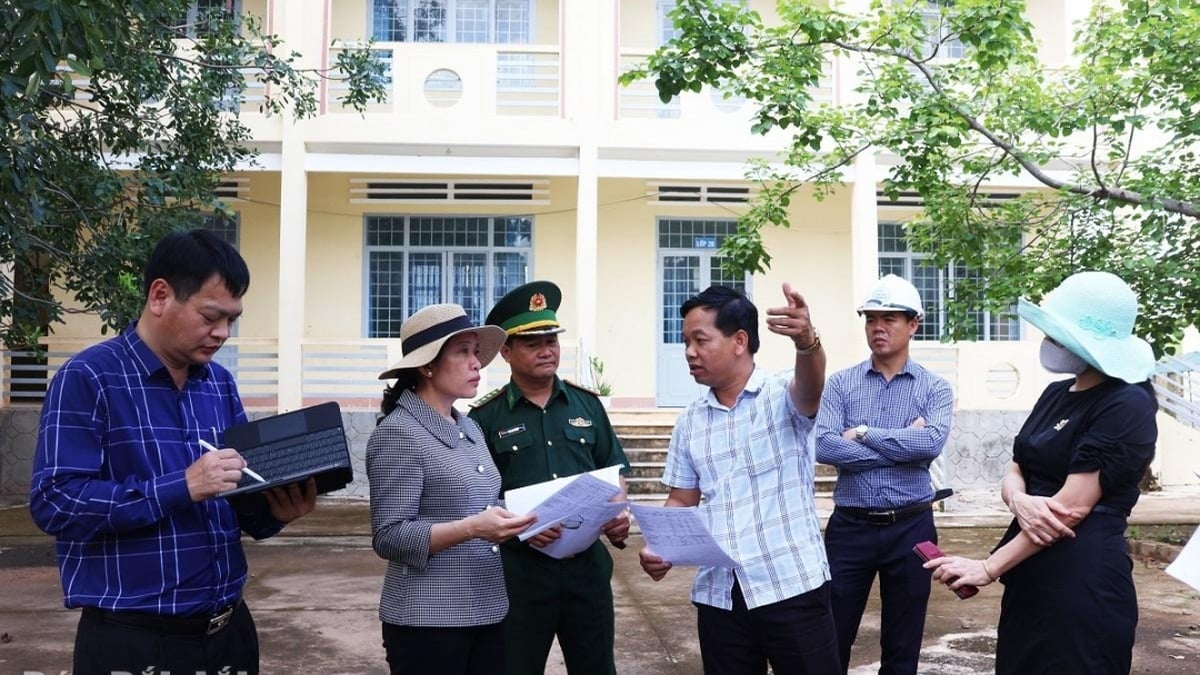
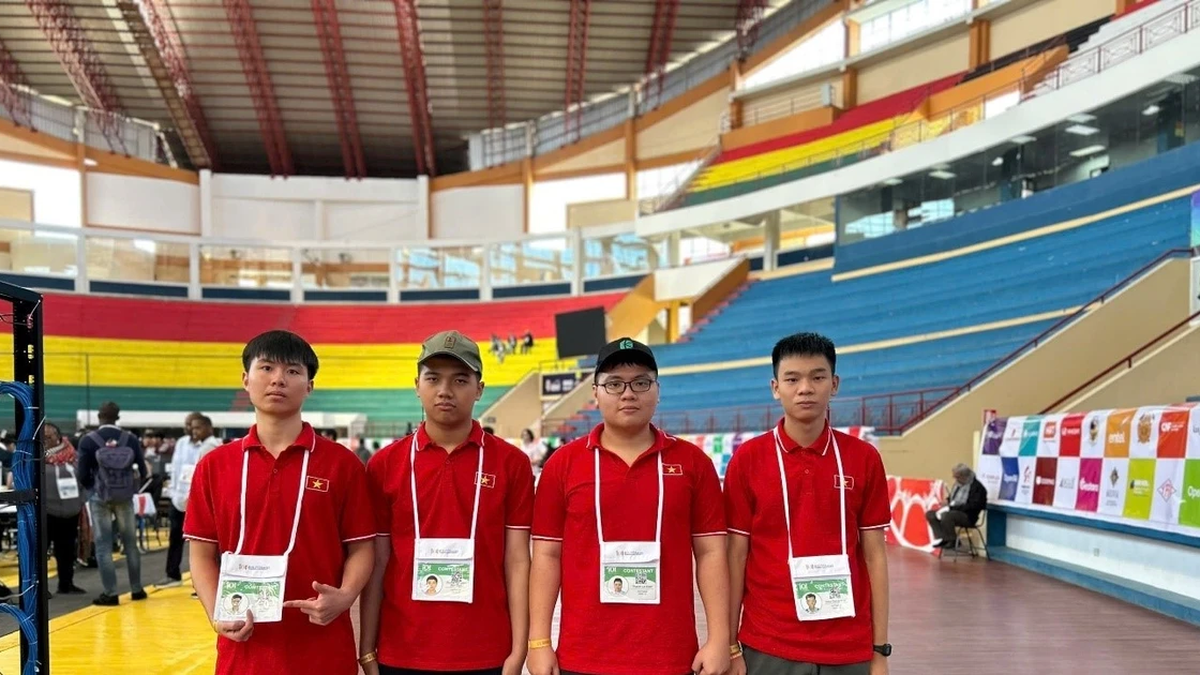
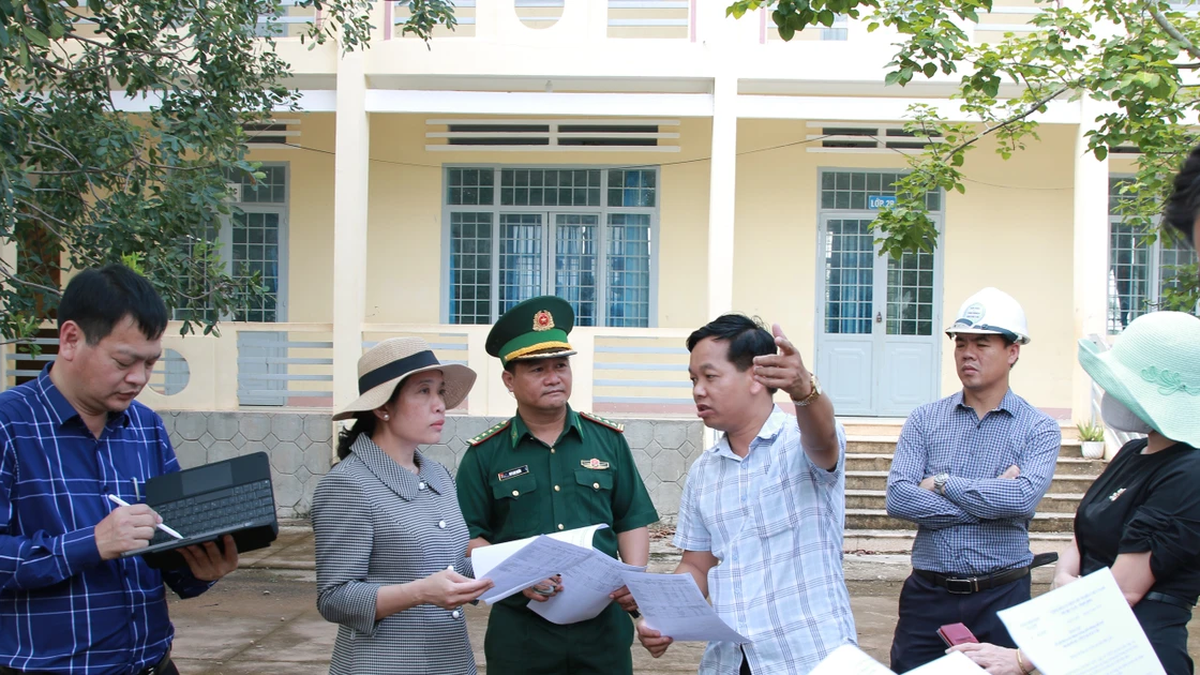
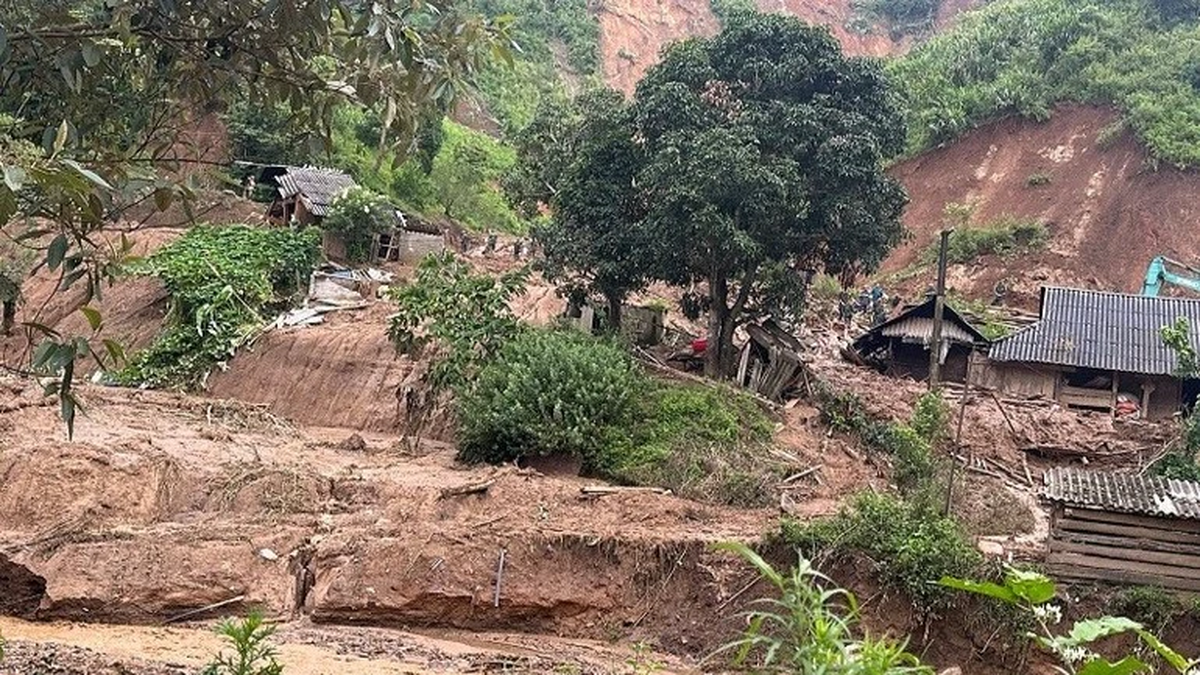























































































Comment (0)